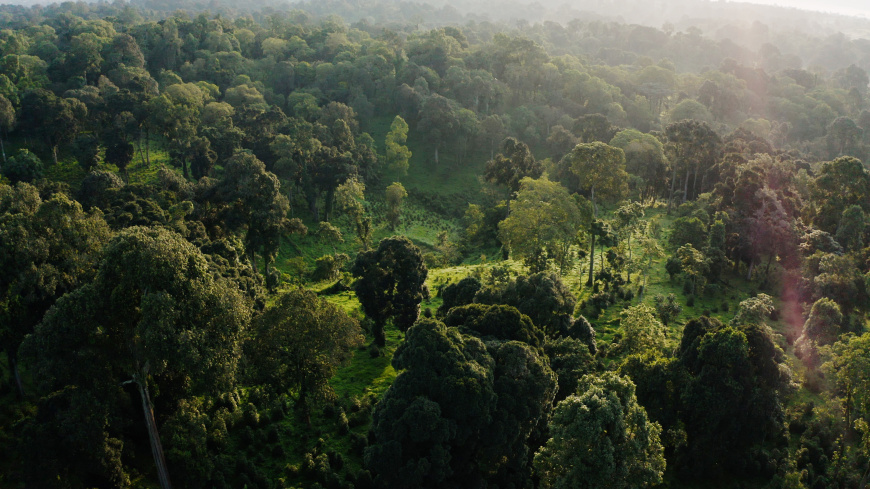
 back to all news
back to all news
Diverse forests hold huge carbon-storage potential, as long as we cut emissions, study shows

Contact: Jim Erickson
A new study, published today in the journal Nature, suggests that global forest carbon storage has the potential to make a meaningful contribution to slowing climate change.
Forest carbon storage has been a controversial topic since another study published four years ago in the journal Science found that it could be beneficial. The main concerns were around the potential adverse environmental impacts of mass tree plantations, carbon offsetting schemes and greenwashing.
To address these concerns, an international team led by the Crowther Lab at ETH Zurich, and including University of Michigan School for Environment and Sustainability (SEAS) Professor and Director of the Institute for Global Change Biology, Peter Reich, built an integrated assessment that included vast ground-sourced data and satellite datasets.
Their findings reveal the importance of restoring global biodiversity and ending deforestation, and that promoting diverse forests can help maximize their ability to remove carbon dioxide out of the air.
The authors stress that this is a fundamentally social endeavor that includes multiple actions including conservation, natural regeneration, rewilding, silviculture, agroforestry and other community-driven efforts to promote biodiversity, and the importance of equitable development that’s driven by policies that prioritize the rights of local communities and Indigenous peoples. They also stress that forests cannot be a substitute for cutting fossil fuel emissions warning that, if emissions continue to rise, then ongoing droughts, fires and warming will threaten forests and limit their ability to absorb carbon.

